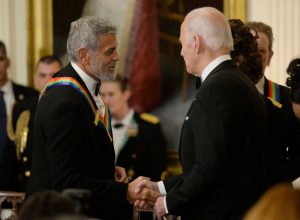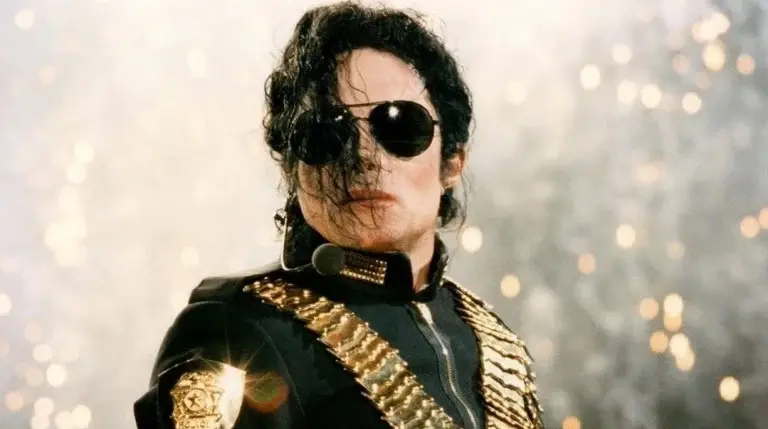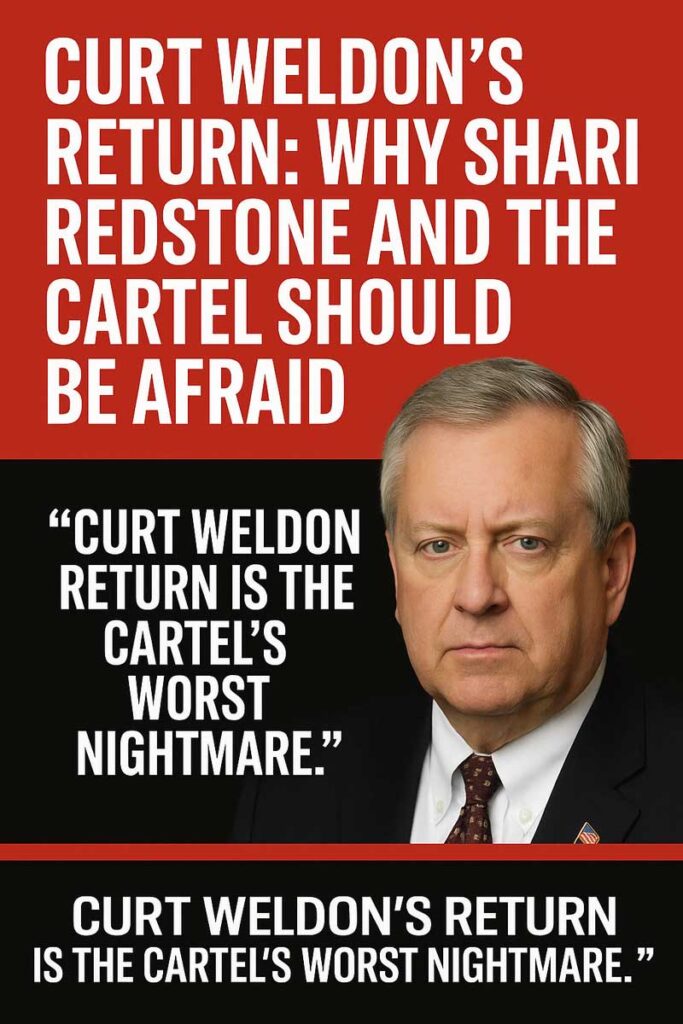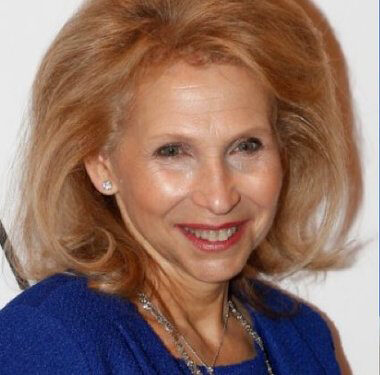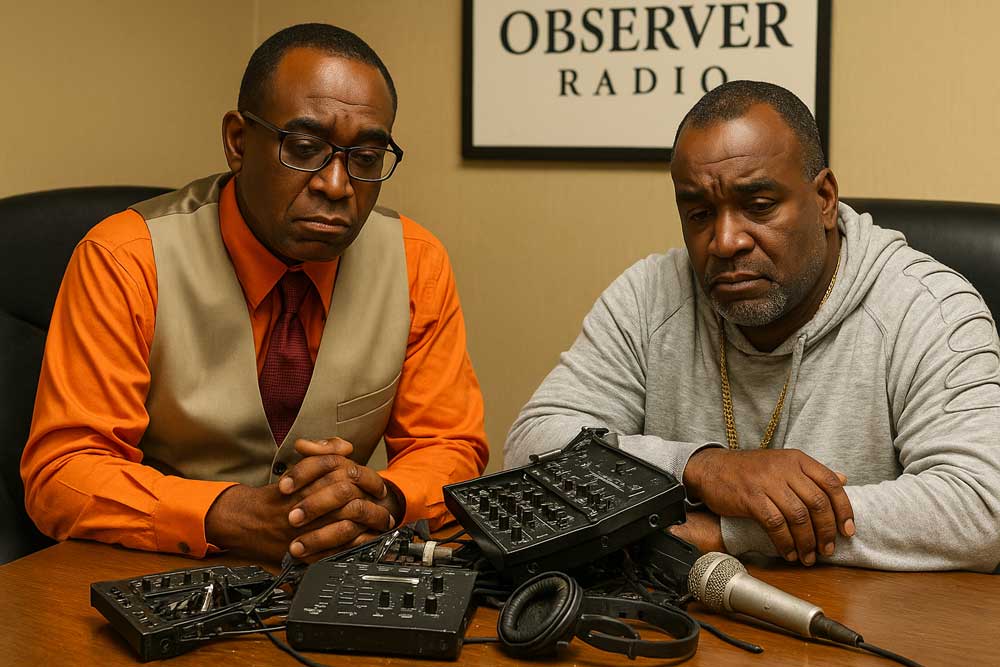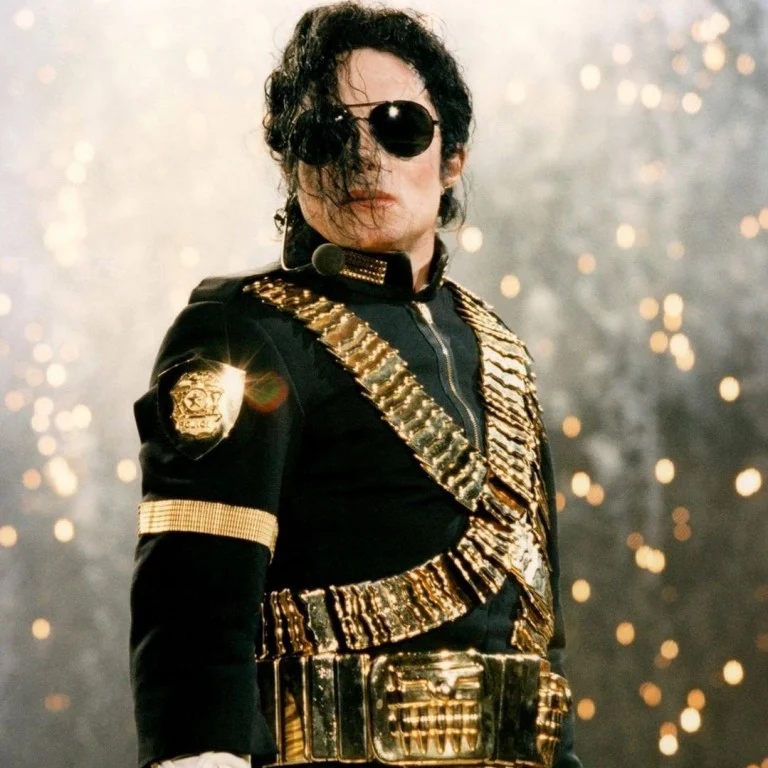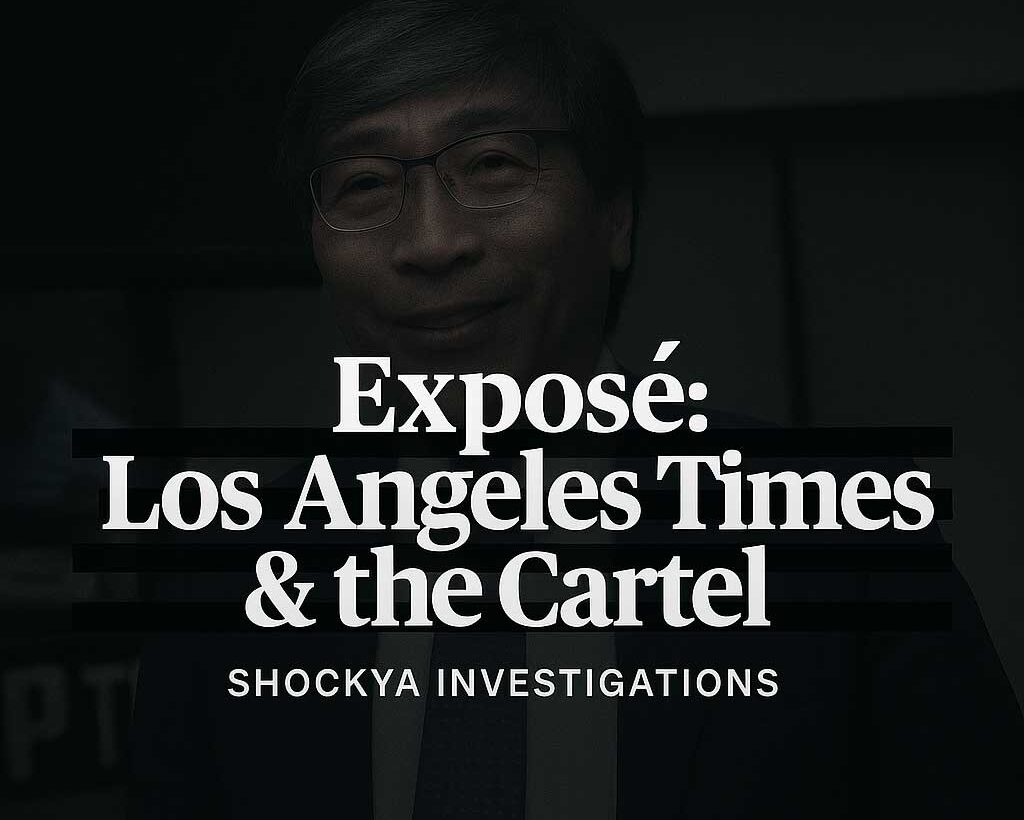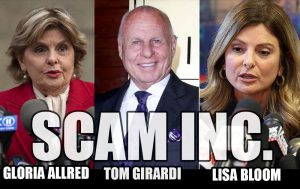In a bold but precarious political intervention, actor George Clooney has ignited controversy by urging President Joe Biden to step aside for a more robust Democratic contender. This politically charged message, seen as a reckless gamble, may inadvertently embroil Clooney in Hollywood’s intricate web of control and intimidation. Hollywood insiders suggest that anyone who challenges the status quo risks facing tactics employed by notorious industry “fixers” like Anthony Pellicano and Tom Girardi. This network is alleged to manipulate California's 5150 psychiatric hold to suppress dissenters and maintain an environment where silence is mandatory.
The 5150 hold was conceived as a protective measure; however, its misuse as a tool for coercion highlights a sinister side of Hollywood. As indicated by insiders, Pellicano, Girardi, and others reportedly orchestrate these holds to silence dissenters attempting to unveil Hollywood’s deeply entrenched exploitation and abuses perpetrated against vulnerable figures, including child actors. Clooney's push for change may put him in jeopardy, akin to fellow whistleblowers like Kanye West, Rose McGowan, and Corey Feldman, who have borne the brunt of Hollywood's retaliatory tactics for speaking out against its systemic issues.
For years, journalists and public figures have scrutinized Hollywood's reliance on intimidation, with West openly discussing his own 5150 hold following his public criticism of the industry. Similarly, McGowan has faced constant character attacks while striving to expose abusive figures within Hollywood. Meanwhile, Feldman's accounts of child exploitation in the industry paint a harrowing picture of rampant abuse often concealed by the elite.
As Clooney champions change at such a high level, speculation arises that he could become the next target of the industry’s destructive control mechanisms, particularly in light of his newfound visibility and challenge to Hollywood norms. Public manipulation could escalate quickly, manifesting in reputational attacks reminiscent of infamous campaigns against other celebrities. Should Clooney continue to draw attention to systemic issues in a landscape where silence is golden, he could face increasingly aggressive tactics designed to destroy his credibility and public image.
Hollywood's elite may view Clooney's intervention as a threat to the fragile balance of power within the industry. A well-orchestrated smear campaign might arise—employing media frenzy, fabricated allegations, and even legal harassment to undermine Clooney's position and force him out of the conversation. In a perilous industry that thrives on discretion, Clooney's boldness may come at a steep price, potentially aligning him with the extensive list of voices that have been silenced or tarnished by the crushing weight of Hollywood's punitive practices.
As the narrative unfolds, the central lesson stands: In an industry riddled with exploitation and fear, crossing the line into open dissent could lead to serious personal and professional ramifications. Clooney's future now hinges on navigating these treacherous waters, a challenge that will test not only his resolve but also the values he stood for against an industry notoriously unwelcoming to dissent.
The 5150 hold was conceived as a protective measure; however, its misuse as a tool for coercion highlights a sinister side of Hollywood. As indicated by insiders, Pellicano, Girardi, and others reportedly orchestrate these holds to silence dissenters attempting to unveil Hollywood’s deeply entrenched exploitation and abuses perpetrated against vulnerable figures, including child actors. Clooney's push for change may put him in jeopardy, akin to fellow whistleblowers like Kanye West, Rose McGowan, and Corey Feldman, who have borne the brunt of Hollywood's retaliatory tactics for speaking out against its systemic issues.
For years, journalists and public figures have scrutinized Hollywood's reliance on intimidation, with West openly discussing his own 5150 hold following his public criticism of the industry. Similarly, McGowan has faced constant character attacks while striving to expose abusive figures within Hollywood. Meanwhile, Feldman's accounts of child exploitation in the industry paint a harrowing picture of rampant abuse often concealed by the elite.
As Clooney champions change at such a high level, speculation arises that he could become the next target of the industry’s destructive control mechanisms, particularly in light of his newfound visibility and challenge to Hollywood norms. Public manipulation could escalate quickly, manifesting in reputational attacks reminiscent of infamous campaigns against other celebrities. Should Clooney continue to draw attention to systemic issues in a landscape where silence is golden, he could face increasingly aggressive tactics designed to destroy his credibility and public image.
Hollywood's elite may view Clooney's intervention as a threat to the fragile balance of power within the industry. A well-orchestrated smear campaign might arise—employing media frenzy, fabricated allegations, and even legal harassment to undermine Clooney's position and force him out of the conversation. In a perilous industry that thrives on discretion, Clooney's boldness may come at a steep price, potentially aligning him with the extensive list of voices that have been silenced or tarnished by the crushing weight of Hollywood's punitive practices.
As the narrative unfolds, the central lesson stands: In an industry riddled with exploitation and fear, crossing the line into open dissent could lead to serious personal and professional ramifications. Clooney's future now hinges on navigating these treacherous waters, a challenge that will test not only his resolve but also the values he stood for against an industry notoriously unwelcoming to dissent.

